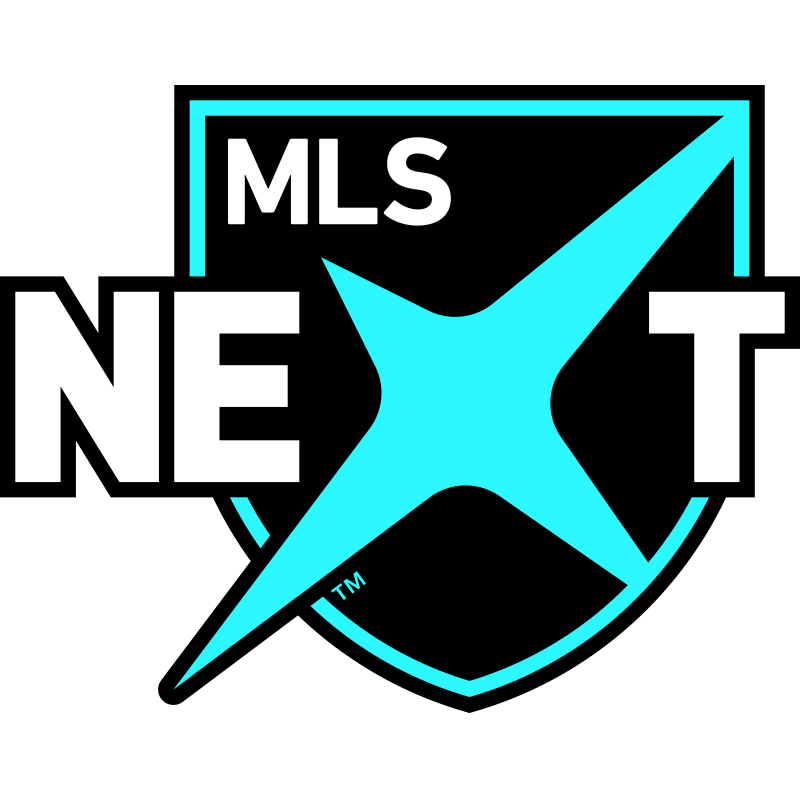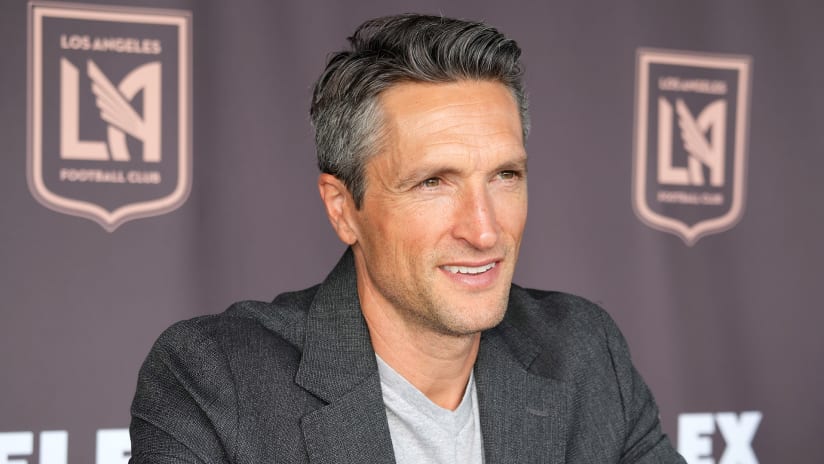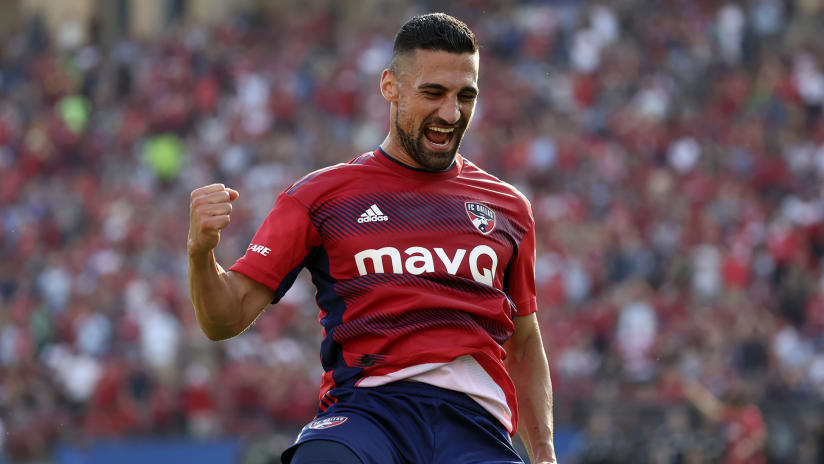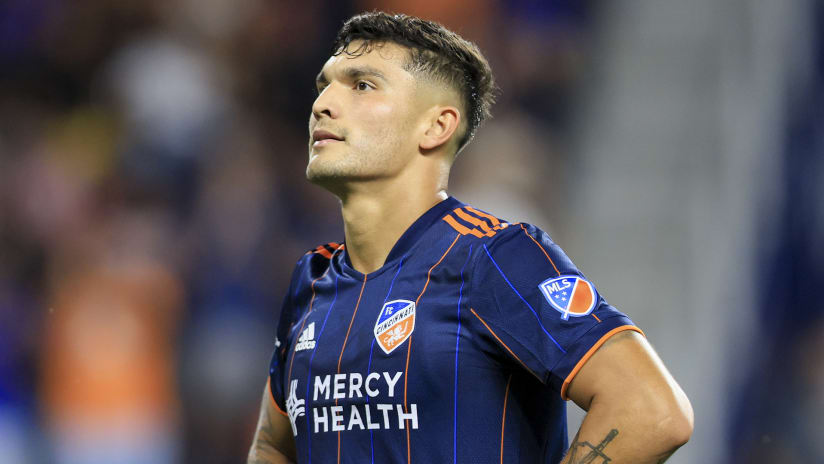Major League Soccer is experiencing a player development surge, as highlighted by the impact homegrown players are making on first teams and record-breaking European transfers.
And the league is taking that to another level during the second year of MLS NEXT and the inaugural MLS NEXT Pro campaign, creating a clear pathway from youth to professional soccer.
That’s on full display on the national and international stage at this week's Generation adidas Cup, with MLS academies testing themselves against clubs from around the world.
Fred Lipka, Vice President, Player Youth and Development, explained on the MLS Today show why today’s youth players from the United States and Canada are at a different level than before.
“Before we are very much the same kind of player, which were very physical, running, very hard worker, very dedicated to the game – but not really technical and not really [a] fast thinker,” Lipka said. “Now we are a larger spectrum of players, which can be physical, always dedicated to the game, good culture of effort. But now we have players we can find in Europe, we can find in Argentina, we can find in Brazil. I would say with almost the same level of talent.”
One reason Lipka identified is improved decision-making in pivotal moments among today’s players.
“Talent is soccer IQ, the capacity to understand, to receive the cues of the game, to understand, to process information and then to execute. People almost always see the execution piece, but don't see what happens before,” he said. “So now we have kids which don't play with one key. They can anticipate because they know what to look at, what tempos they have to use. Sometimes you have to use one additional touch to attract the player, to create space. Today we have kids who do that. Maybe it wasn't so the case seven, eight years ago. We did a lot of progress and our coaches, academies did a lot of progress to teach the game in the right way.”
Many MLS academy players on display at the GA Cup also “disguise their intentions,” which Lipka said is next-level soccer IQ for youth players.
“Today we have players who are able, and you will see that, to play and to sometimes disguise their intention. This is the highest level of expertise for a player, to be able to pretend play on the right and play on the left,” Lipka said. "So your behavior and your way to play is always to try to play in anticipation and to beat the opponent.”
While there's always the question of where the United States and Canada rank among global powerhouses, in terms of developing players, Lipka can confidently say the region is on par with some of the best in the world. Bayern Munich fullback Alphonso Davies, who honed his skills with Vancouver Whitecaps FC, and RB Leipzig midfielder Tyler Adams, who climbed the New York Red Bulls' pyramid, are two prime examples.
“I think we cracked the code with a lot of humility in saying now we are able to develop, to sell players exactly like Mexico, Argentina, Brazil. And we don't have to be shy, we have to be proud, we have to be proactive, we have to look forward,” Lipka said. "Nothing is done, but we don't have to be shy because our players are very good.”
The clear pathway created, from MLS NEXT to MLS NEXT Pro to MLS, only improves things even more.
“You will have today, tomorrow, playing kids who can train with a pro in MLS, are already pro, play with NEXT Pro, come here to compete against the best academies in the world and tomorrow maybe they are going to take a flight to play in NEXT Pro or they will be on the bench in MLS,” Lipka said. "I don’t think we were able to do that six or seven years ago. That’s a big progress.”













